Discover our partners
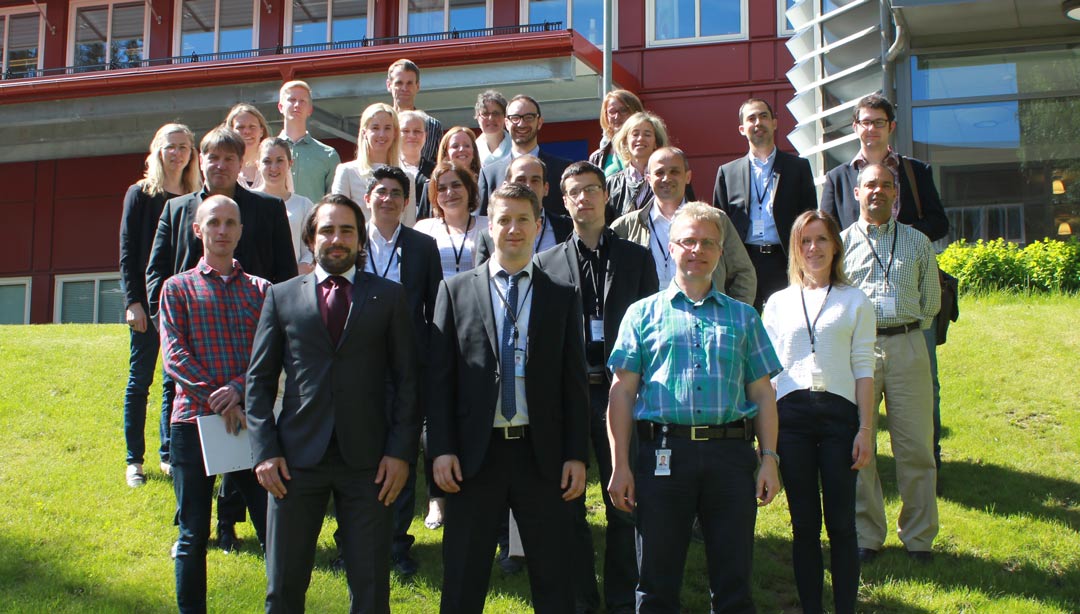
Discover each partner's structure below

RISE Research Institutes of Sweden (Sweden)
The RISE institutes Innventia, SP, and Swedish ICT have merged in order to become a stronger research and innovation partner. Through our international collaboration programmes with academia, industry, and the public sector, we ensure the competitiveness of the Swedish business community on an international level and contribute to a sustainable society.
Two departments within RISE are represented within the project, the departments of Fire Research and the Department of Building Mechanics. The department of Fire Research, coordinator of the IMPROVER project, has extensive experience from national and international R&D projects in the fields of crisis management, risk and safety as well as reaction to fire, fire resistance, and fire dynamics.
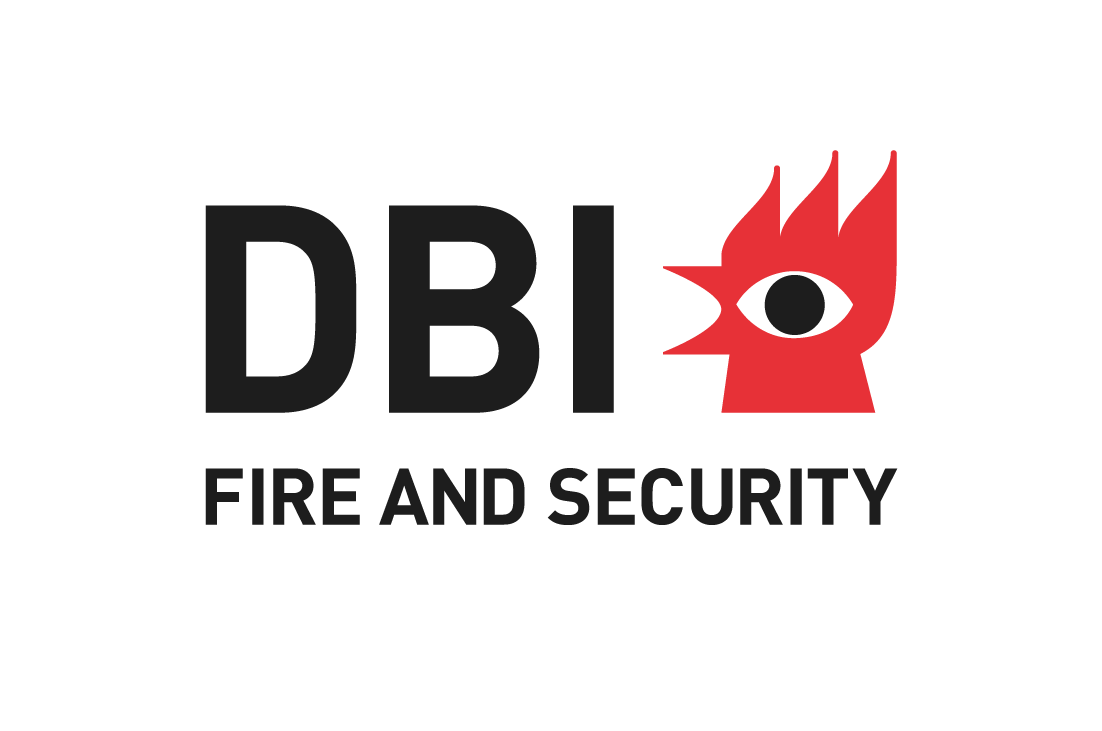
DBI (Denmark)
The Danish Institute of Fire and Security Technology (DBI) is Denmark's leading knowledge centre in the field of fire safety and prevention. We maintain our knowledge through relevant participation in research and development activities and services that we offer private and public enterprises, institutions and authorities.
Through our international network we systematically collect and process the latest information on fire safety and protection from all over the world. Moreover, we actively contribute to and participate in efforts to set norms and standards at national and international levels within our key fields of activity.
DBI is an independent, private, non-profit enterprise. We are approved by the Danish Ministry of Science, Innovation and Higher Education as a technology service institute and we are part of a network called the GTS - Advanced Technology Group, comprising more than 3,000 highly educated specialists.
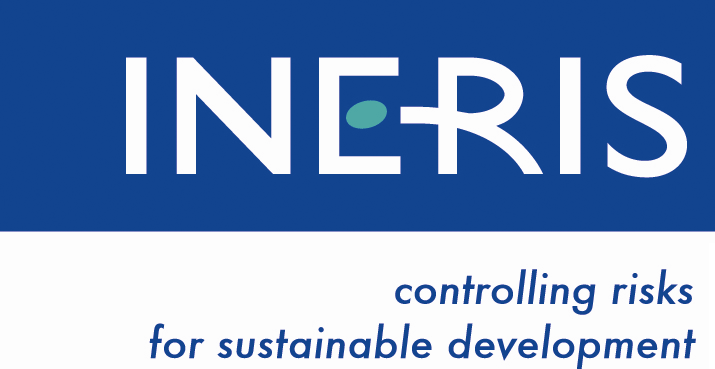
INERIS (France)
INERIS is a French Public Research institute with Commercial Interests acting under the authority of the Ministry of Ecology. INERIS is the National Institute for Industrial Environment and Risks, located nearby Paris. Its aim is to support industries and public stakeholders to sustainability and safer innovations by assessing environmental and human risks due to -new or not- industrial processes and substances. The 650 people of INERIS work on: Environmental health and safety modelling, environmental health and safety determinants (NaTech, environmental, health and exposure inequalities...), and identification and prevention of emerging risks including nano, green and white technologies (Carbon Capture and Storage, Underground Coal Gaseification, Biogas, Fuel Cell Hydrogen and Electric Car). INERIS will be involved in all tasks related to the modelling of generic resilience and physical resilience of industrial plants and of the geostructure.

RISE Fire Research AS (Norway)
RISE Fire Research AS is a limited company, partly owned by RISE - Research Institutes of Sweden (70 %) and SINTEF (30 %). We are located south of Trondheim, Norway, and we are Norway's fire technical competence centre. Together with our Swedish division, RISE Safety and Transport - Fire Research in Borås, we constitute one of the world's largest research organizations on fire. RISE Fire Research was founded in 1934, and for over 80 years we have worked for increased fire safety in the society

UNIVERSITY COLLEGE LONDON (United-Kingdom)
UCL is one of the UK’s premier universities and is currently ranked 4th in the world in the QS World University Rankings, and 3rd in Europe in the Shanghai Jiao Tong Academic World Rankings. Founded in 1826 as a radically different university, it was the only university in England at that time which admitted students on the basis of merit, regardless of race or religion, and it was the first to admit women on equal terms with men. Today, UCL is an inspiring university in which to work and study and it continues to thrive on the diversity and creativity of its community and encourages its staff to engage in world leading interdisciplinary research projects centred around Grand Challenges such as Global Health, Sustainable Cities etc.

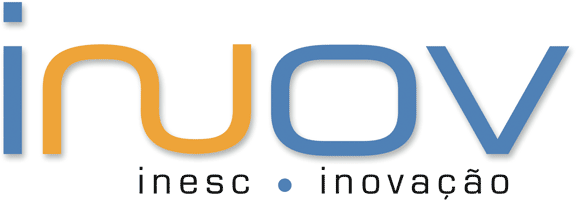
INOV INESC INOVAÇÃO (Portugal)
INOV INESC Inovação (INOV) is a private, non-profit R&D Institute, with an accumulated experience for over 30 years of activity.
INOV is one of the largest Portuguese technological infrastructures, dedicated to research and technology development, in a professional way, in the field of the Information Technology, Electronics and Communications. Specifically, INOV offers strong technical expertise in Monitoring Solutions, Complex Systems, Electronics, Cybersecurity, Communications, Information Technologies and Enterprise Engineering.
As a technology-oriented partner, INOV has the vocation of assisting companies in the search for new business opportunities through the development of innovative high added-value technology solutions.
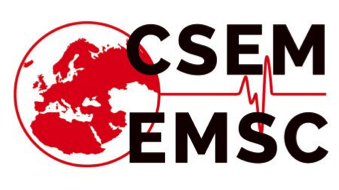
EMSC (France)
The European-Mediterranean Seismological Centre (EMSC) is a scientific non-profit NGO created in 1975 to provide rapid earthquake information at the Euro-Med and global scales and deliver services to the scientific community. It has 85 seismological observatories from 55 countries as members and has dedicated services for seismological community, in association with partners such as UNESCO.
EMSC offers innovative rapid public information tools. The NGO has a strong expertise in websites with the second global earthquake information website. EMSC covers IT developments, public scientific communication (leaflets, posters, videos, and social networks), crowdsourcing, citizen science and has a significant experience in European and infrastructures projects.
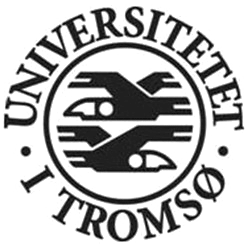
The Arctic University of Norway, UiT (Norway)
The Arctic University of Norway (UiT), with its main campus located in Tromsø, and with its 12000 students and 2700 staff members, is the northernmost university of the world. Teaching is research-based and the academic community in Tromsø is highly international. UiT’s seven faculties offer a broad range of study programmes.
The project IMPROVER will be hosted particularly by the Faculty of Science and Technology, Department of Engineering and Safety, which includes a unit Societal Safety and Environment, providing currently an interdisciplinary bachelor and master level education in issues such as risk and vulnerability analysis and crisis management, and focusing on both quantitative and qualitative methods. The unit has a research team of about six doctoral-level researchers, and since recently it has also its own designated professorships.
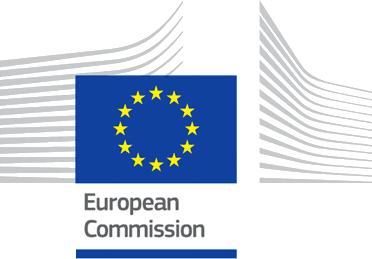
Joint Research Centre (Belgium)
As the Commission's in-house science service, the Joint Research Centre's mission is to provide EU policy makers with independent, evidence-based scientific and technical support throughout the whole policy cycle. Its work has a direct impact on the lives of citizens by contributing with its research outcomes to a healthy and safe environment, secure energy supplies, sustainable mobility and consumer health and safety.
The JRC draws on over 50 years of scientific work experience and continually builds its expertise based on its 7 scientific institutes, which host specialist laboratories and unique research facilities. While most of our scientific work serves the policy Directorates-General of the European Commission, we address key societal challenges while stimulating innovation and developing new methods, tools and standards. We share know-how with the Member States, the scientific community and international partners. The JRC collaborates with over a thousand organisations worldwide whose scientists have access to many JRC facilities through various collaboration agreements.
In the Institute for the Protection and Security of the Citizen (IPSC), the Security Technology Assessment Unit carries out research towards the standardization and harmonisation of the protection of European networked infrastructures and hazardous industrial installations. Special emphasis is placed on the protection of large scale European infrastructures, including the smart grid, the internet, and the European space assets.
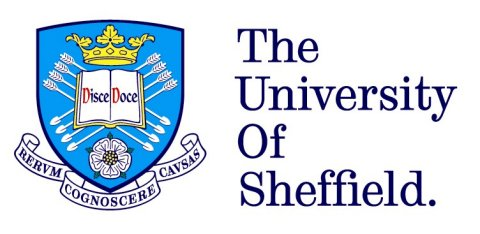
UNIVERSITY OF SHEFFIELD (United-Kingdom)
The Information School at the University of Sheffield is recognised nationally and internationally for its world-class research, excellence in teaching, and the achievements of its graduates. It is the leader in its field in the UK, consistently ranked number one in every national Research Assessment Exercise and achieving top-ranking positions for research environment and research impact in the Research Excellence Framework 2014. It is a member of the international iSchools organisation, a group of leading cognate schools established to promote the role of the information field in shaping the future of the global information society.
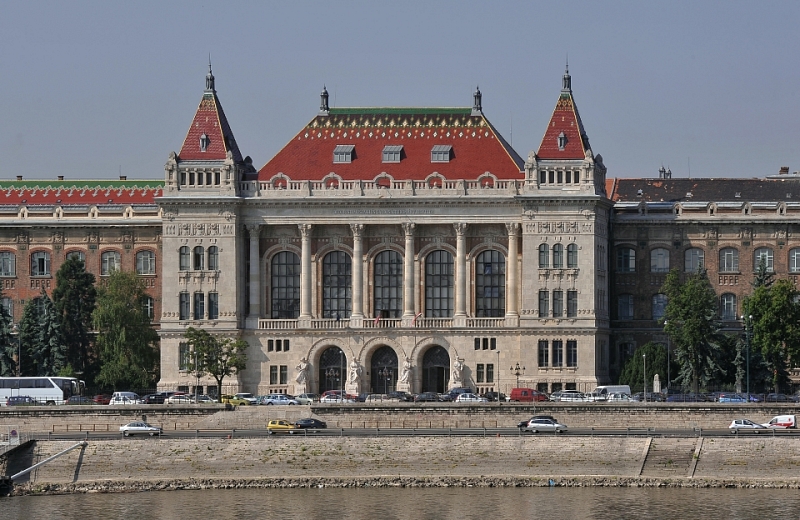

Budapest University of Technology and Economics (Hungary)
The Budapest University of Technology and Economics (BME) is a prestigious higher education institution in Hungary. Its main mission is to educate professionals for the industry in the disciplines of technology, informatics, natural sciences, economics, business and management. In the Hungarian higher education rankings the university’s technology and informatics degree programmes take the first place, and the sciences and economics degree programmes are among the best ones. The IMPROVER project is specifically hosted by the Department of Structural Engineering.
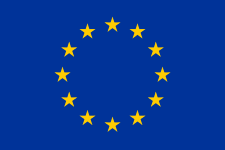 This project has received funding from the European Union’s Horizon 2020 research and innovation programme under grant agreement no. 653390
This project has received funding from the European Union’s Horizon 2020 research and innovation programme under grant agreement no. 653390